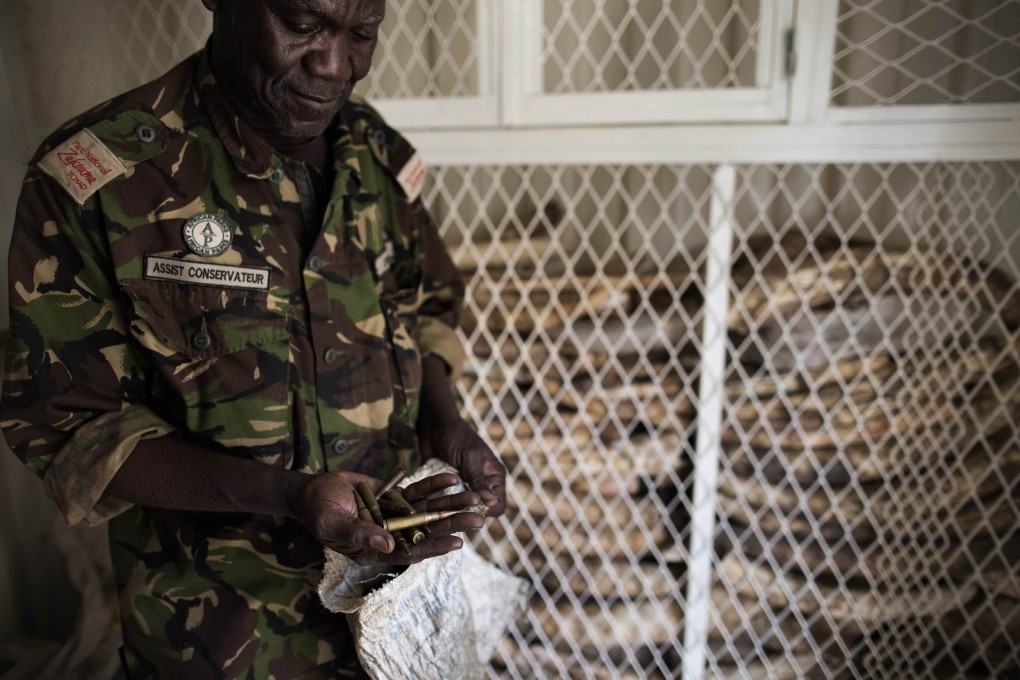New | How tracking their financial footprint can keep the poachers from the animal trail

Today is World Wildlife Day, but this is not a time to celebrate our planet’s infinite biodiversity. We are living in a world where some of our most loved animals are fast disappearing from their habitats. These animals are the victims of poachers and criminal networks who care nothing for the environment, and everything for profit.
There are now little more than 3,000 tigers left in the wild, rhino populations have also been decimated and thousands of elephants are being senselessly slaughtered each year. The proceeds earned from wildlife crime are staggering.
In the 21st Century, the phrase “worth its weight in gold” has become antiquated. According to a Chatham House report rhino horn is now worth more than either gold or platinum on the black markets of some countries. The UN Office on Drugs and Crime (UNODC) estimates that, for instance, the total value of the illicit wildlife trade for East Asia and the Pacific is US$2.5 billion.
Although most countries recognise the need for a strong law enforcement response, greater emphasis needs to be placed on tracking the criminals’ financial footprints. To fully appreciate this let’s start with a simple concept we can all appreciate.
A thief lifts your wallet or purse on the streets. What does he potentially have? Money, definitely, but he also holds an unprecedented snapshot of your life. He has credit cards identifying your name and your bank details; business cards revealing essential relationships, membership cards showing associations; and credit card stubs exposing where, when and how you like to spend money.
That image can be polished in many ways to allow the criminals to attempt yet more crimes. But here is a truth that deserves wider dissemination. Just as your wallet provides details of your life, modern law enforcement has the ability to examine a criminal’s financial activities, and in doing so, gain a greater understanding of their criminal operations.
Peering into the criminal’s wallet is based on an inviolable principle: Criminal networks are businesses. They have to move their criminal proceeds either through local banks or by using couriers holding bags of cash. Through detailed investigations, we can build a picture of their activities based on bank accounts, courier movements, transport methods, and paper trails.